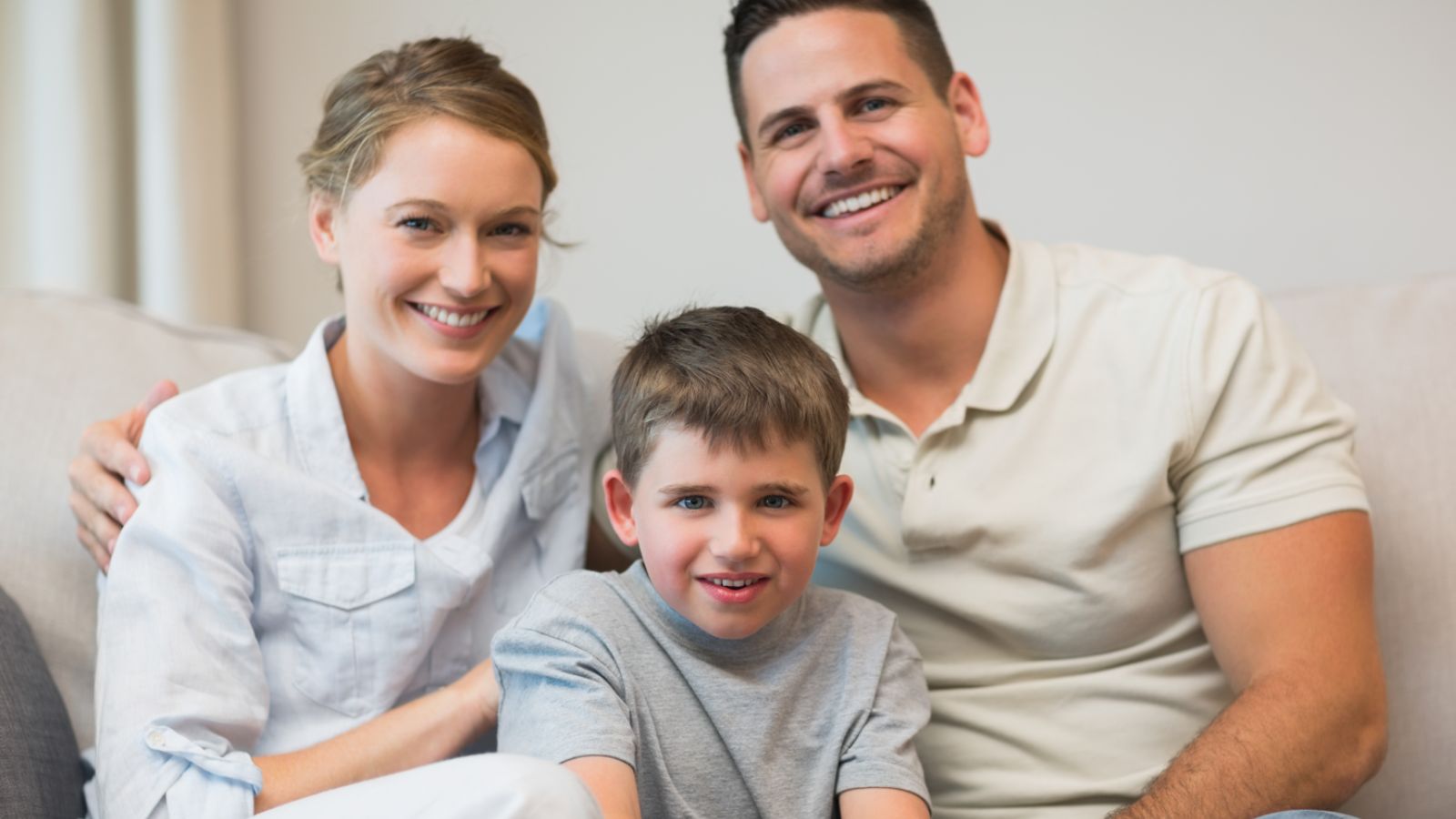Growing up without the presence of siblings has a significant impact on our skills, perceptions, and relationships. Some positive and some negative, being an only child is a unique experience with unique outcomes. Here are 18 signs you were an only child.
You Had Deep Conversations With Adults

With no siblings around, only children are often more comfortable engaging in adult conversations from a young age. This means they develop an understanding of complex conversations as well as the nuance of adult communication early on, and they are often seen as more mature than their peers.
Your Imaginary Friends Were Next-Level

Only children often create detailed, imaginative worlds and characters complete with backstories and personalities. A study revealed that “In general, it can be said that creating an imaginary companion is not exclusive to only children without siblings, but it is more prevalent among them, perhaps because they feel lonelier or receive more attention from their parents.”
Independence Came Naturally to You

Playing imaginary games or sports or with toys on their own often leads only children to develop fantastic problem-solving skills at an early age. This can mean they learn to do things on their own without being told and are comfortable entertaining themselves.
You’re Unusually Responsible

Parents of only children often feel more open to including them in important decisions and tasks. As a result, children without siblings will develop a strong sense of duty and reliability, learning to take care of themselves and their belongings with care and attention.
You Have a Close Relationship With Your Parents

According to Psychology Today, “Studies find only children tend to be closer to their parents than kids with siblings. Even in two-child families, the bond between parents and children wasn’t as strong.” This is often the result of your parents being your primary companions as you grow up and being involved in adult decisions at home.
Sharing Doesn’t Always Come Easy

With no siblings to share your possessions or space with, it can mean that only children find it hard to adapt to sharing as adults. Communal living situations may be particularly difficult, and they will often highly value the concept of personal space.
You Have a Strong Inner Life

The rich imaginations of only children can carry on into adulthood, developing into an inner world of deep thoughts and reflections. Often turning to their internal thoughts and feelings for comfort or solutions, only children are usually comfortable with self-analysis.
Your Relationship With Extended Family Is Unique

If you grew up as the only child in your extended family and there was little presence of other children, you might have been the center of attention at family gatherings. Only children may also have more adult-like relationships with relatives and develop a strong bond with older family members.
You Value Privacy Highly

Growing up with your own space and time can mean that only children feel a strong need for personal boundaries. According to Verywell Mind, “Only children are more independent and protective of their alone time as they are accustomed to spending time alone and being self-sufficient.”
You’re Good at Entertaining Yourself

Spending a lot of time alone means only children often have a passion for hobbies and interests that don’t require others’ participation. Comfortable being productive or creative on their own, only children find joy and fulfillment in solo activities.
You Have a Unique Perspective on Competition

With no experience of sibling rivalry, only children may have a different perspective on competition, approaching these situations with a cooperative mindset. Often prioritizing group harmony and success over personal wins, they’re more likely to compete with themselves than with others.
You’re Used to Being the Center of Attention at Home

Only children most likely have received undivided attention and resources from their parents and will be used to having their achievements and milestones celebrated. As a result, they may feel pressure to meet the expectations of their parents even in adult life.
You’re Self-Motivated

Perhaps as a way to bring some excitement to life without siblings, only children often learn to set personal goals and motivate themselves from a young age. They are independent in their pursuits and interests and often take initiative without needing external encouragement.
You’re a Perfectionist

According to Thriveworks, “Only children may have a tendency to be perfectionists, as they may have grown up feeling pressure to live up to high standards.” This can result in putting extreme pressure on themselves or being more prone to self-criticism.
Your Friendships Are Deep and Meaningful

Without siblings, only children often form close and intense friendships as a substitute for family bonds. Friends often become like an extended family, and only children look for loyalty and depth in their friendships, replicating the unwavering connection they have with their parents.
Decision-Making Is Your Forte

Experienced in making day-to-day decisions without the input of siblings, only children are usually comfortable weighing up their options and considering potential outcomes on their own. In adult life, this skill is appreciated by others and results in being a trusted member of any team or group of friends.
You’re Adaptable in Social Situations

Without the comfort blanket of siblings, only children are often more adaptable when learning to interact with various age groups and personalities. By developing keen observation and social skills, they can easily adjust to different social settings and dynamics.
You Experience a Unique Form of Parental Pressure

Being the sole focus of your parents’ attention and hopes often leads to feeling an intense and concentrated form of their expectations and aspirations for you. This comes from a unique blend of unwavering support and overwhelming pressure.
Read More: 19 Common Behaviors of Highly Intelligent People

Intelligent individuals often display a range of behaviors and qualities that set them apart from others. When exploring these characteristics, it’s crucial to comprehend that intelligence is a multifaceted attribute. Here are 19 essential behaviors and qualities frequently observed in highly intelligent people.
19 Common Behaviors of Highly Intelligent People
17 Things We Were Taught in High School That We Now Know Aren’t True

Well, this one may depend on when you went to high school, but for this millennial, these are the things we were taught in high school that have been proven not to be true. Personally, I still want to go back and correct every teacher who told me I wouldn’t always have a calculator in my pocket; the joke is on them.
17 Things We Were Taught in High School That We Now Know Aren’t True
16 Reasons Why Trump May Not Get a Second Term

Though Republican frontrunner Donald Trump thinks his trip back to the Oval Office is all but guaranteed, there are some real hurdles he has to get past. Here are the 16 obstacles that may stand in the way of a second term.
16 Reasons Why Trump May Not Get a Second Term
17 Most Dangerous Places to Live in the US – Cities to Avoid

Everyone wants to find a safe place to buy a house and put down roots in the US, but some cities are more dangerous than others. In this article, we’ll look at 17 cities that you may wish to avoid, according to recent findings.
17 Most Dangerous Places to Live in the US – Cities to Avoid
People Who Had Unhappy Childhoods Usually Develop These 18 Traits

People who go through a lot of traumatic experiences while they’re young can find themselves developing traits that stay with them through adulthood. What are these traits? You’ll find 18 of them in this article.
People Who Had Unhappy Childhoods Usually Develop These 18 Traits

